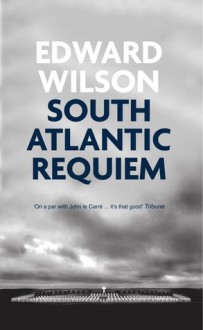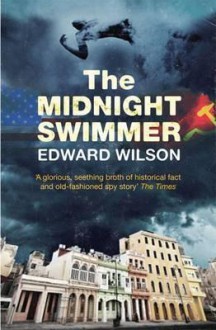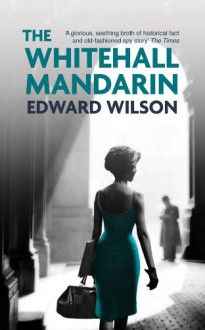
| It is late 1946 and Peter Cotton has returned to Britain from having served as part of an economic mission to Washington DC. In a very short time, he is put on temporary detachment from his regular government job in London and is seconded to Operation Sea-snake. This is an operation endorsed by both MI-5 (Britain's equivalent of the FBI) and MI-6 (the British equivalent of America's wartime Office of Strategic Services [OSS] which would be superseded in 1947 by the Central Intelligence Agency [CIA]), two organizations normally not well-suited for working together. Operation Sea-snake entails a ferreting out of Soviet spies and traitors, as well as coming to grips with some of the seedier elements of British society and the political establishment. What also makes "ICELIGHT" a compelling and gripping novel is the atmospherics the author skillfully renders of the starkness of everyday life in postwar Britain as it was during 1946 and 1947. Rationing, shortages abound, and the severity of the winter of 1946-47 as it impacted upon the country: these seemingly disparate elements --- along with Cotton's efforts to carry out an assignment not always knowing whom to trust --- kept me gripped from start to finish. Furthermore, there are a rich variety of characters, great and small, all of whom the author fleshes out brilliantly. Truly, this is a novel worthy of being read again, so richly textured and compelling it is. Just what anyone could hope for in an espionage thriller. |

 Log in with Facebook
Log in with Facebook 









